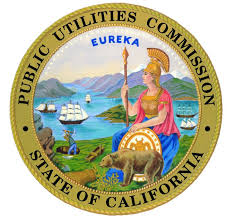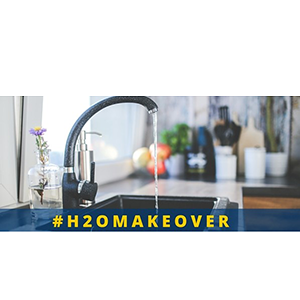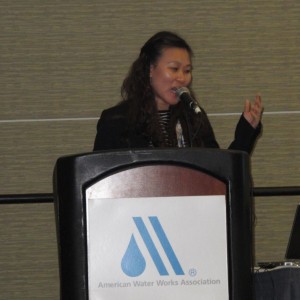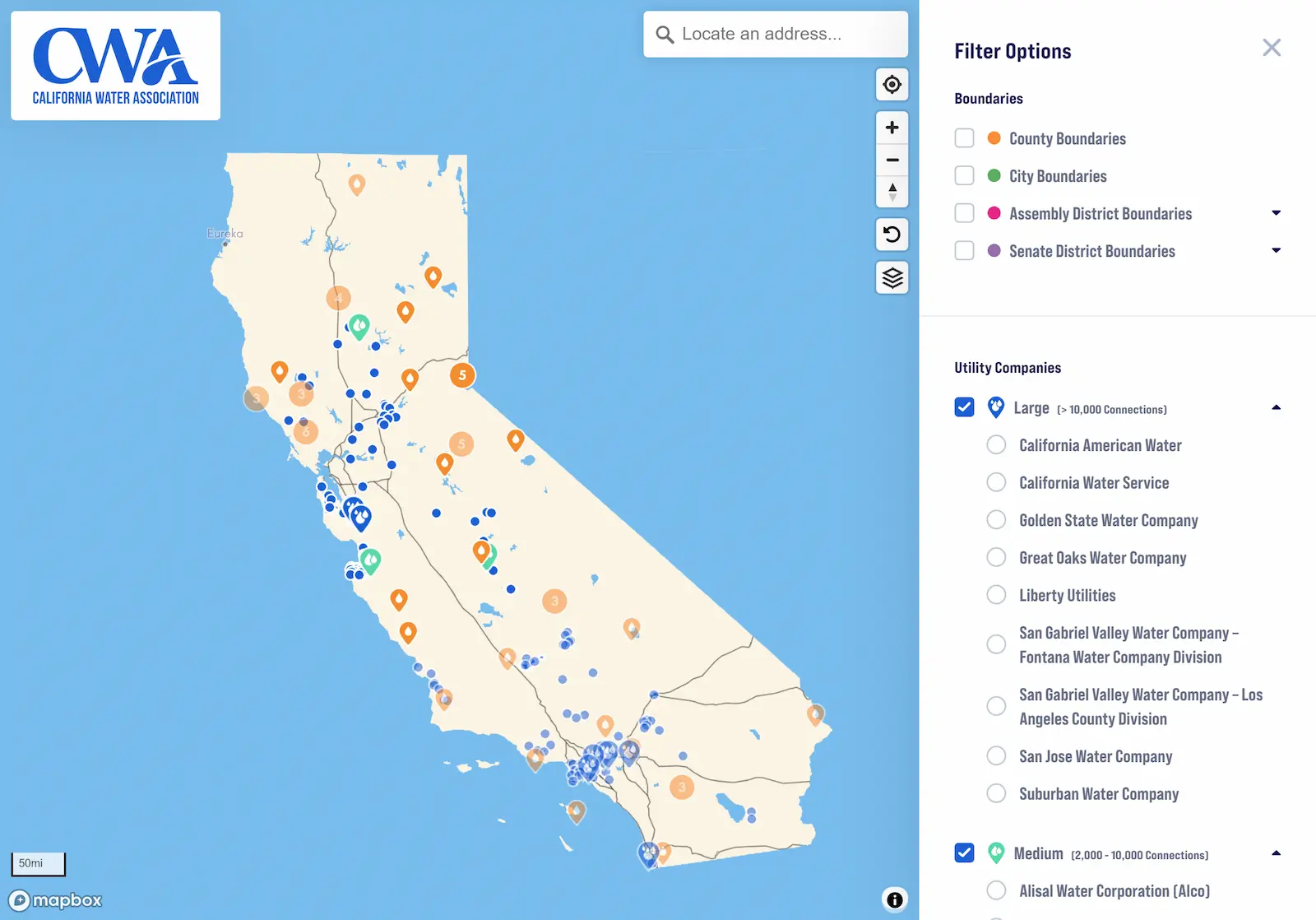The California Public Utilities Commission (CPUC) has adopted a new Comprehensive Policy Framework for Recycled Water Projects that addresses the production, distribution and use of municipal run-off by investor-owned water and sewer utilities (collectively Utilities). The Commission’s intent was to develop a policy framework to increase and promote the development, production and use of recycled water for approved non-potable and potable reuse by water utilities with more than 2,000 service connections. The initial goals were to:
- Establish guiding parameters for designing and setting recycled water rates;
- Reduce and/or eliminate barriers to collaboration between public agency and investor-owned wholesale and retail recycled water purveyors;
- Facilitate and/or incentivize the use of cost-effective recycled water; and
- Examine current goals, policies, legislation and regulations governing the production, distribution and use of recycled water as well as interagency coordination and collaboration related to implementation.
After a series of workshops, meetings and symposiums, the policy framework was drafted and subsequently adopted. Below are highlights of significant provisions:
- In their general rate case filings, the Utilities must report the amount of recycled water sold annually by treatment type, including wholesale and retail prices, and identify the recycled water suppliers.
- When entering into contracts and partnerships, the Utilities must fully disclose the key terms of the agreements concerning project cost allocation and sharing as well as the responsibilities for construction, operation and maintenance of the recycled water infrastructure facilities.
- The Utilities must incorporate a comparative analysis of energy costs and savings into the cost-benefit analysis for each proposed recycled water project.
- The Utilities must include a comparative analysis of recycled water and alternative water sources relative to greenhouse gas emissions as a component of the cost-benefit analysis for each proposed recycled water project to the extent the data exists or can be reasonably produced or collected.
- Recycled water projects must comply with or be exempt from the California Environmental Quality Act and/or National Environmental Protection Act.
- The Utilities must explore and take advantage of appropriate opportunities for joint recycled water projects and arrangements with other public water supply and wastewater treatment agencies.
- The Utilities’ ratepayers must not assume an unjust or unreasonable share of the recycled water project costs when public and private partnerships are involved.
- The Utilities must seek opportunities to partner with public agencies or secure lower-cost public funding to cover or contribute to the cost of their recycled water projects.
- The ratemaking treatment of recycled water projects will be conducted on a case-by-case basis because of the wide range of variables involved and will consider all costs and benefits the project will provide for the Utilities’ customers in the service areas and regions where the projects will be implemented. The ratemaking treatment also will include a determination of how the recycled water project costs should be allocated between the Utilities’ potable and recycled water customers and whether those costs should be recovered through the general metered service rates or a surcharge.
- The Utilities must demonstrate, to the CPUC’s satisfaction, the prudency of each recycled water project and reasonableness of the associated costs specified in the minimum criteria requirements prior to recovery of recycled water project costs from metered service customers, including a cost-benefit analysis for new recycled water projects.
- When undertaking a recycled water project, the Utilities must identify and review consumer education materials and methods that are available industrywide and, where appropriate, take reasonable steps with any public agency partners to use existing resources before developing duplicative or more costly materials.





